Preparing for the quantum revolution
Quantum computing could massively ramp up computing power while driving down power use by orders of magnitude – but how long will businesses have to wait until it's ready to use?

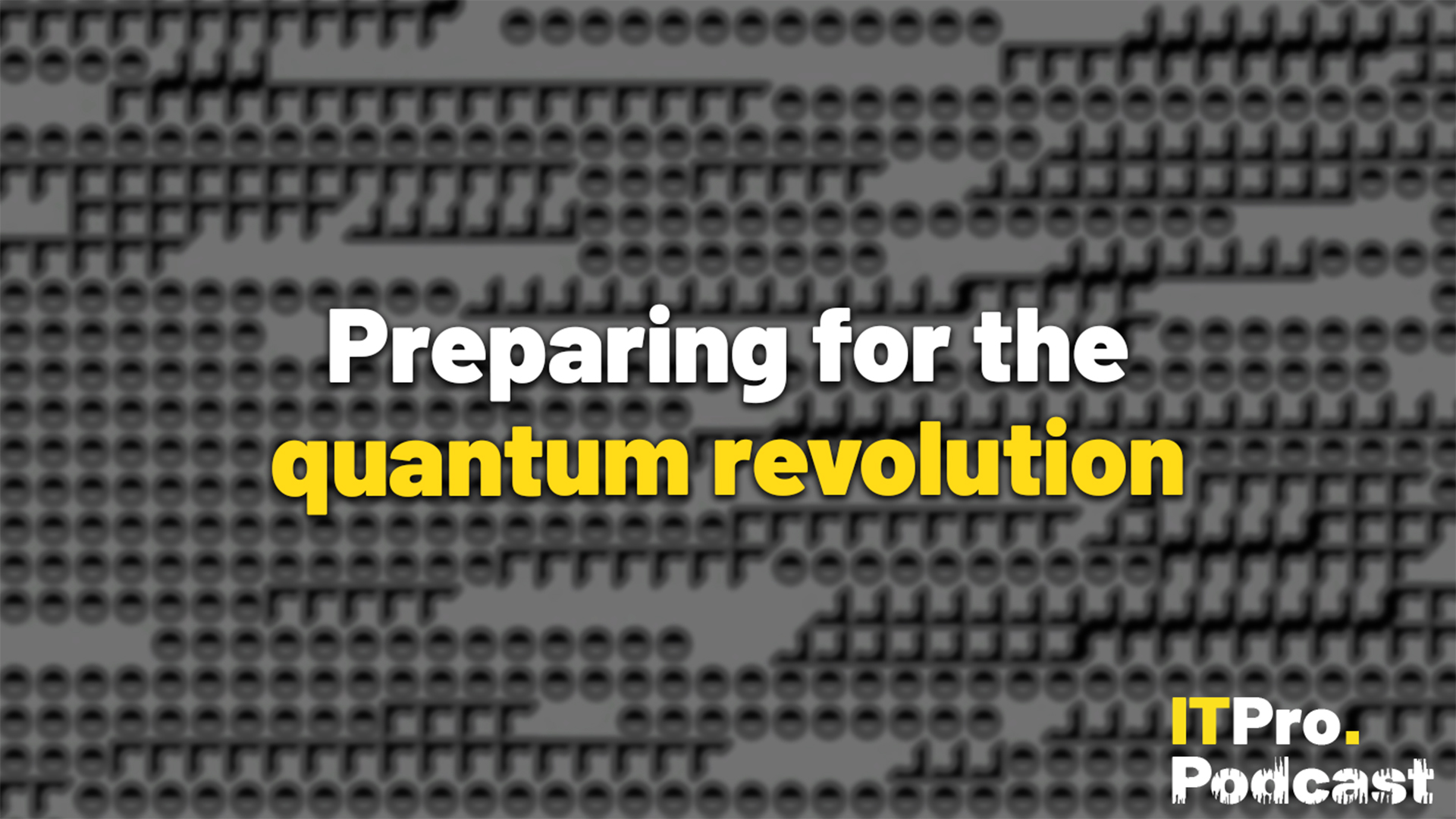
Quantum computing is an exciting field of research that promises to revolutionize computing as we know it. Relying on quantum mechanics to process calculations much faster than conventional physics would allow a normal computer to, quantum computers could drive rapid breakthroughs in fields such as medicine or machine learning.
But what are the specific ways in which quantum computing can help businesses and the world? And how long will it take for quantum computers to become widely used?
In this episode, Rory speaks to Graeme Malcolm, CEO at M Squared Lasers and co-chair of the UK Quantum Technology Leadership Group, to unpack some of the immense potential of quantum computing including in the fight against climate change.
Highlights
“In 1997, a leading physicist in America, Bill Phillips, won a Nobel Prize for creating the first qubit using an ion. So we're within 30 years of the first demonstrations of a single qubit. And at the time when Bill was receiving his Nobel Prize, he said that quantum information processing is a fundamental change in information technologies, and he described it as being a more profound change than comparing the digital computer to the abacus.”
“If we could fully optimize a quantum computer, it might only take 100 very well-optimized qubits to mirror the sort of capability you get from a supercomputer, but the energy usage would be two or three orders magnitude less.”
RELATED WHITEPAPER

“McKinsey's recently modeled there's about 45 gigatons of CO2 going into the atmosphere every year and by 2050, with all the efforts and the progress that we're going into just now, McKinsey's estimate is that it could go down to about 40 gigatons. Whereas if we could crack some of these quantum chemistry problems, their estimation is we'll see multi-trillion dollar new sectors that can actually drive that down to net zero over similar time periods.”
Footnotes
- What is quantum computing?
- The quantum computing sector needs to cut the hype and focus on responsible development
- UK government quantum investment welcomed by industry
- Why quantum computing might be much closer to becoming a reality than we think
- What is the ‘steal now, crack later’ quantum computing threat?
- How quantum computing can fight climate change
- UK government ramps up quantum funding in bid to drive commercial viability
Subscribe
- Subscribe to The IT Pro Podcast on Apple Podcasts
- Subscribe to The IT Pro Podcast on Spotify
- Subscribe to the IT Pro newsletter
- Join us on LinkedIn
Sign up today and you will receive a free copy of our Future Focus 2025 report - the leading guidance on AI, cybersecurity and other IT challenges as per 700+ senior executives

Rory Bathgate is Features and Multimedia Editor at ITPro, overseeing all in-depth content and case studies. He can also be found co-hosting the ITPro Podcast with Jane McCallion, swapping a keyboard for a microphone to discuss the latest learnings with thought leaders from across the tech sector.
In his free time, Rory enjoys photography, video editing, and good science fiction. After graduating from the University of Kent with a BA in English and American Literature, Rory undertook an MA in Eighteenth-Century Studies at King’s College London. He joined ITPro in 2022 as a graduate, following four years in student journalism. You can contact Rory at rory.bathgate@futurenet.com or on LinkedIn.
-
 I couldn’t escape the iPhone 17 Pro this year – and it’s about time we redefined business phones
I couldn’t escape the iPhone 17 Pro this year – and it’s about time we redefined business phonesOpinion ITPro is back on smartphone reviews, as they grow more and more intertwined with our work-life balance
-
 When everything connects, everything’s at risk
When everything connects, everything’s at riskIndustry Insights Growing IoT complexity demands dynamic, automated security for visibility, compliance, and resilience
-
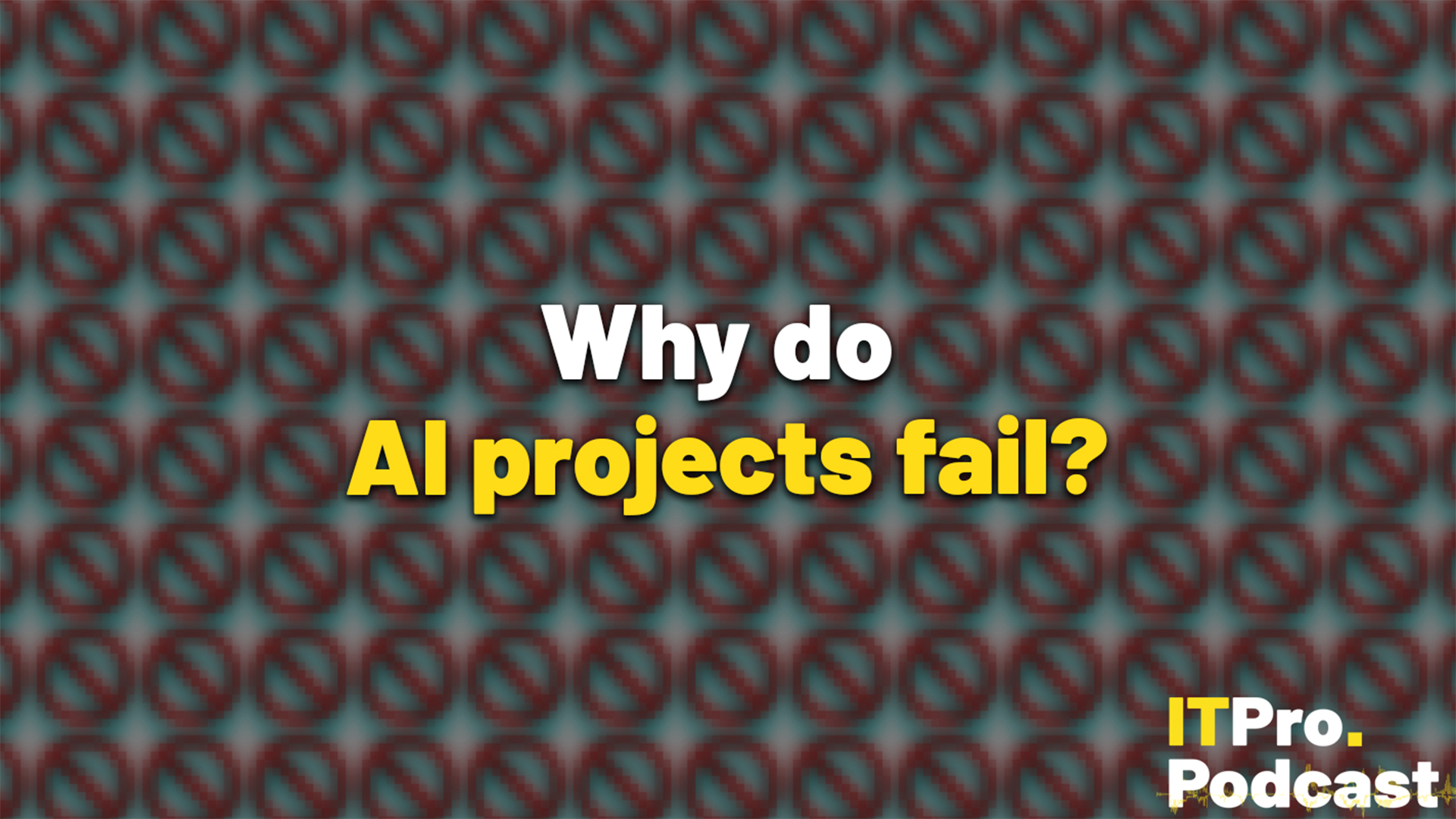 Why do AI projects fail?
Why do AI projects fail?ITPro Podcast Without a careful approach at the design phase, AI tools will fall apart in runtime
-
 Is vibe coding the future?
Is vibe coding the future?ITPro Podcast As developers use AI to speed up code generation, leaders must work to ensure the technology complements existing practices
-
 September rundown: The UK becomes an AI playground
September rundown: The UK becomes an AI playgroundITPro Podcast Big tech has announced tens of billions in infrastructure investments for the UK – how will it help?
-
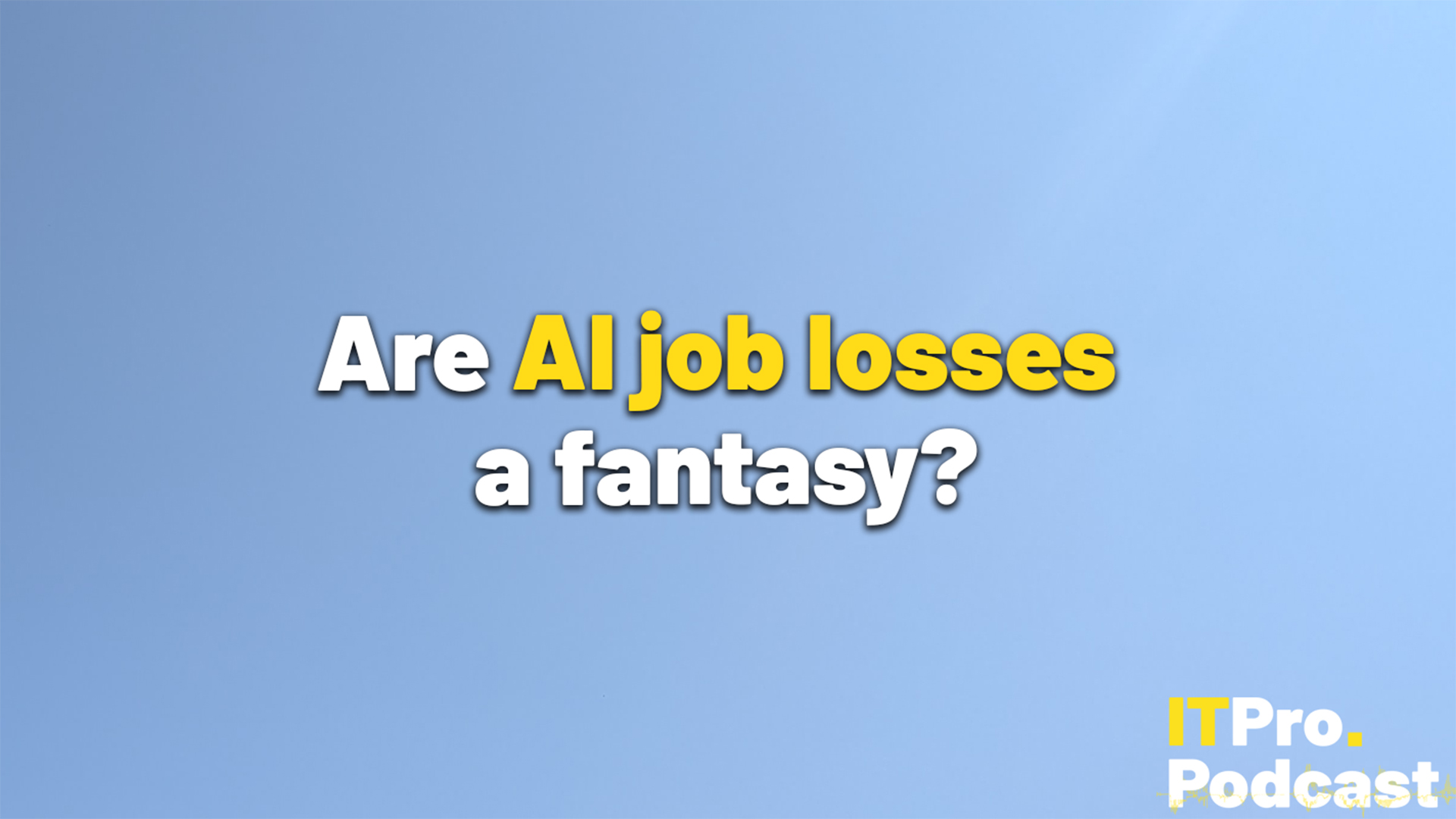 August rundown: Are AI job losses a fantasy?
August rundown: Are AI job losses a fantasy?ITPro Podcast AWS CEO Matt Garman's comments were made as big tech continues to lay off workers – but AI may not be the cause
-
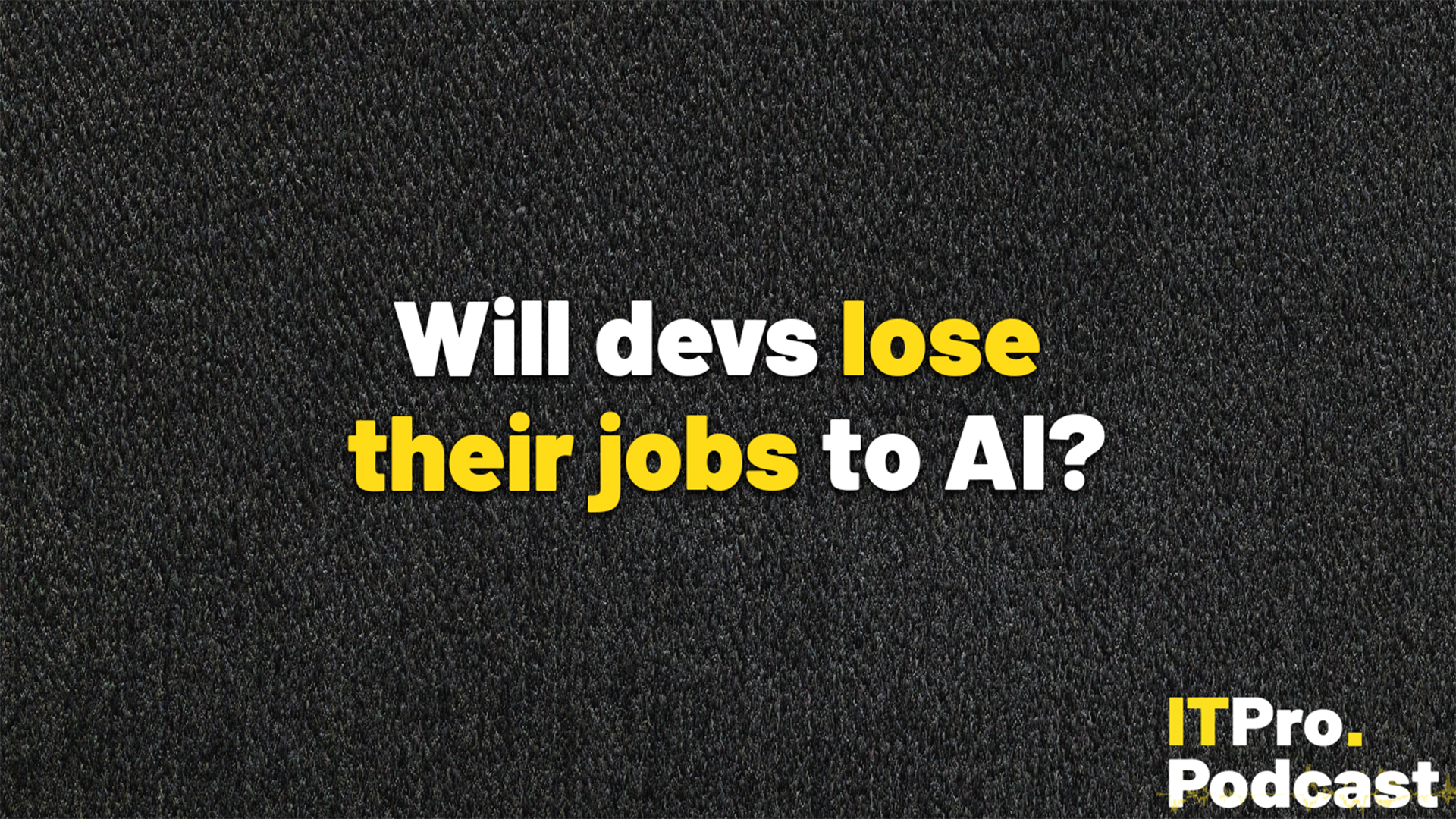 Will devs lose their jobs to AI?
Will devs lose their jobs to AI?ITPro Podcast Major errors in AI code generation throw doubt on the timeline to replacing human workers
-
 Google Cloud Summit London 2025: Practical AI deployment
Google Cloud Summit London 2025: Practical AI deploymentITPro Podcast As startups take hold of technologies such as AI agents, where is the sector headed?
-
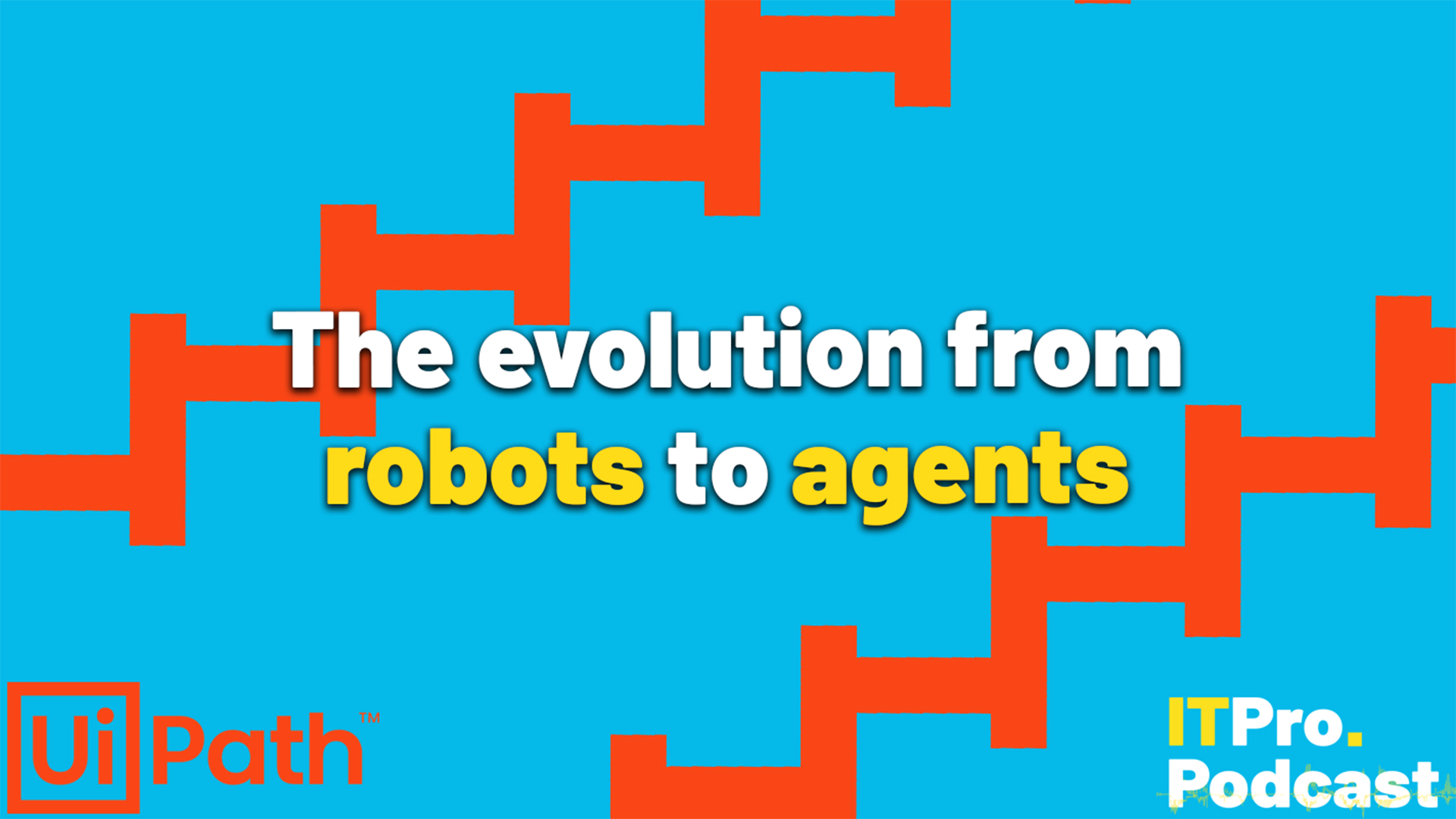 The evolution from robots to agents
The evolution from robots to agentsSponsored Podcast With the right adoption strategy, agentic AI can be a force multiplier for productivity
-
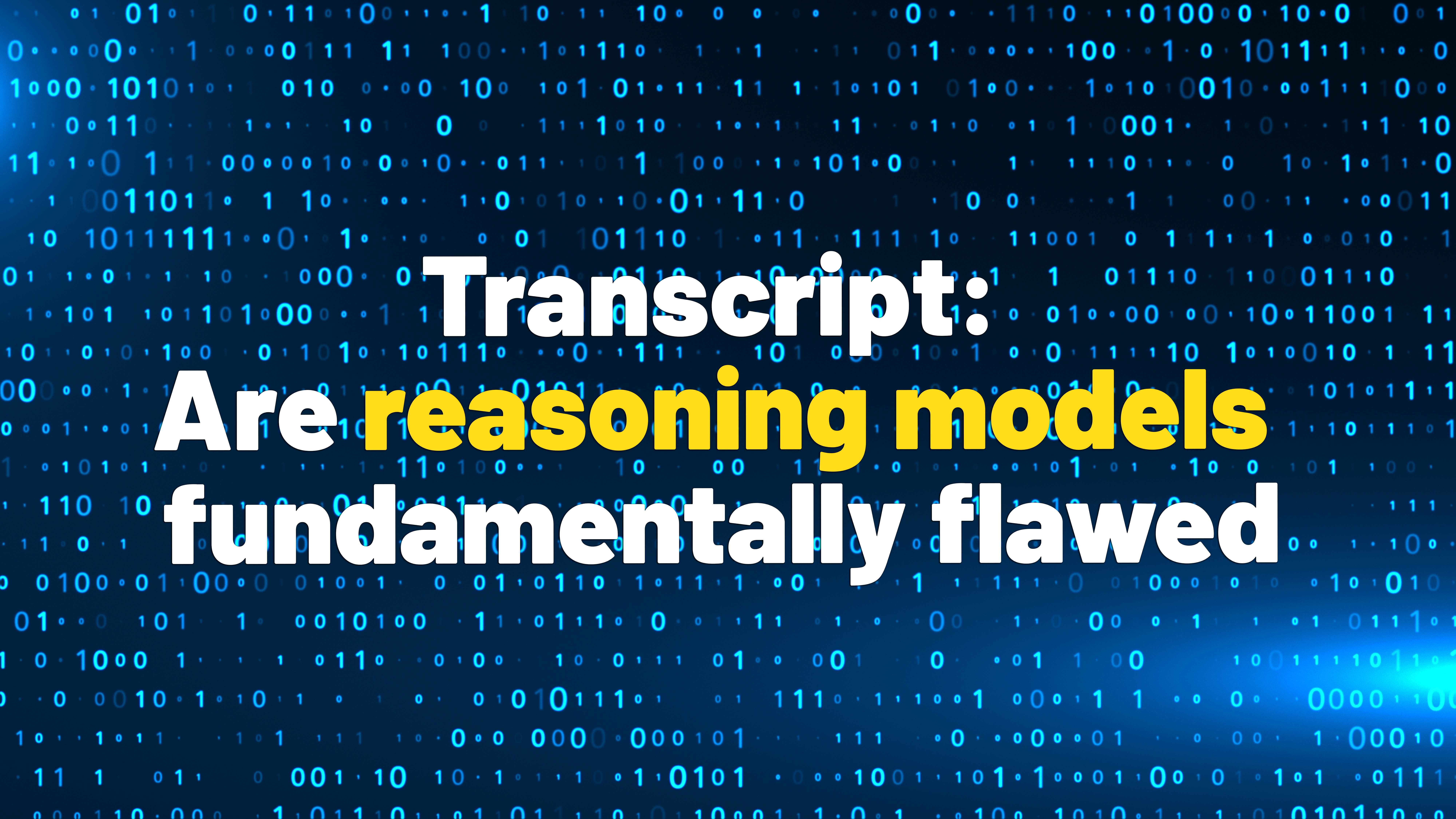 Podcast Transcript: Are reasoning models fundamentally flawed?
Podcast Transcript: Are reasoning models fundamentally flawed?ITPro Podcast A report from Apple has cast significant doubts on the efficacy of reasoning models, going as far as to suggest that when a problem is too complex, they simply give up